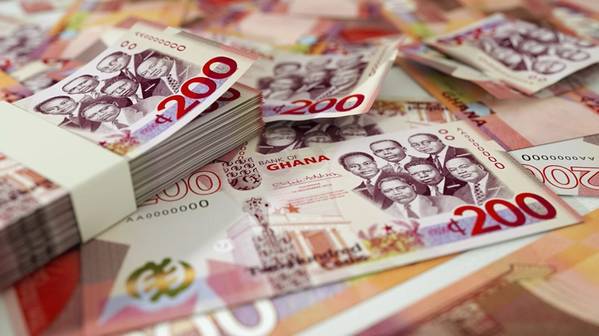
Ghana plans to introduce a more flexible oil royalties regime as soon as next year to spur investment and reduce risk for energy companies, the head of the state oil sector regulator said on Thursday.
Egbert Faibille Jr, CEO of Ghana's Petroleum Commission, told Reuters that the energy minister had agreed to the new royalties regime, clearing the way for it to be submitted to the cabinet for adoption next year.
"A carefully calibrated, flexible and progressive scheme would replace the current "non-flexible and regressive" fiscal regime that stifles investments and crude oil production in the West African nation," Faibille said, adding that a two-tier royalty rate scheme will be proposed.
He added that the new scheme will take into account risk factors such as water depth, production volume and crude oil price.
Ghana's current royalty regime is a fixed 4%-12.5% of gross oil production, and 3%-10% of the volume of gas exported.
"A sliding scale royalty scheme is progressive and incentivises field development of all sizes, water depth and in volatile price environments without having to re-negotiate fiscal terms," Faibille said.
Ghana, the world's second biggest cocoa producer, became an oil producer in 2010. Output is currently at around 160,000-170,000 barrels-per-day of crude oil and about 325 million standard cubic feet per day of natural gas.
Oil companies operating in Ghana include Eni, Tullow and Kosmos.
Faibille told Reuters that the commission also plans to invest in seismic data acquisition to help de-risk Ghana's offshore and shorten exploration and production time for firms.
He said estimates show that Ghana will need about $200 million for seismic data on every 31,000 square kilometers and it will take six months to gather relevant data on the country’s territorial waters.
(Reuters - Reporting by Maxwell Akalaara Adombila; Editing by Bate Felix and Susan Fenton)